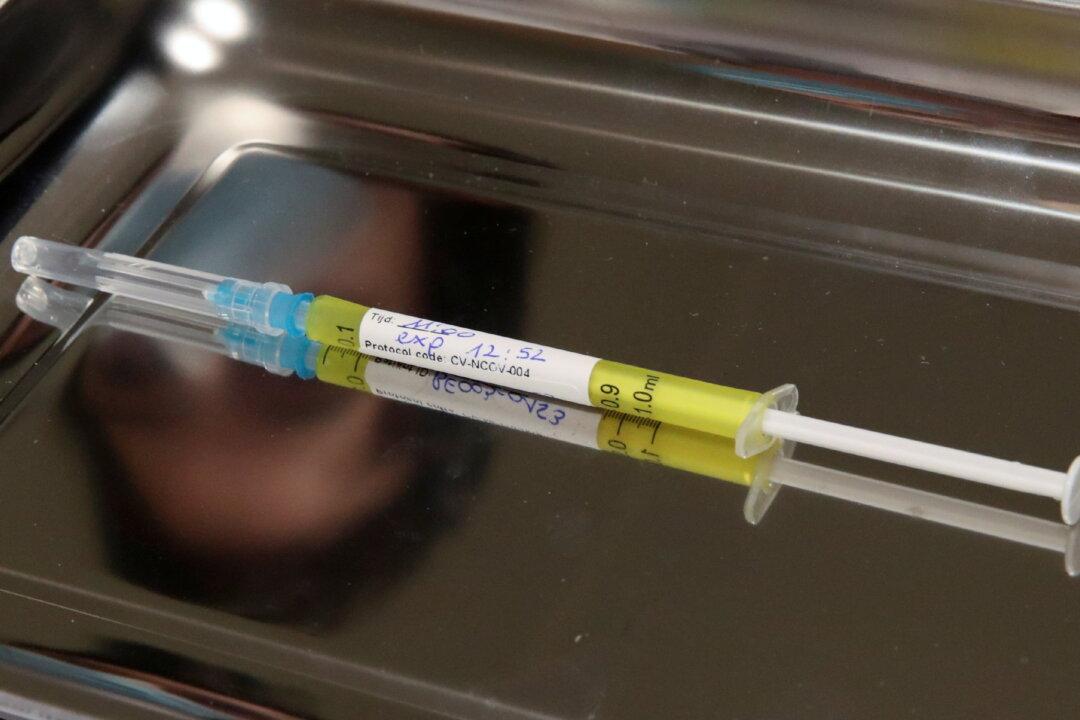BERLIN—CureVac has filed a patent lawsuit in Germany against BioNTech over its use of mRNA technology, marking one of the first known cases of a company going to court amid the fierce competition to develop a vaccine against the coronavirus.
The German-based biotech company is seeking “fair compensation” from BioNTech and two subsidiaries for infringement of its intellectual property rights, it said on Tuesday.





